Based on materials from androidpit
For a long time, Google launched new projects, tested new products, and then watched which ones worked. The company took a certain risk each time, and therefore there are many projects in the history of Google that have failed miserably. Sometimes they simply could not interest the audience, and the idea was basically doomed. Let's take a look at the company's past and look at some of Google's most glaring failures.
Google+ and other social experiments
Someone might be outraged by the inclusion of this project among the failed ones. But even as a Google+ fan, you can agree with this opinion.
When the network was launched in 2011, it generated a lot of enthusiasm. Google fans were desperate for an invitation to this new and initially closed social network. It was intended as an alternative to Facebook, and many people wanted to try out the concept of circles as an alternative to friends. But has this network achieved what it was designed for? Until recently, Google tried hard to launch all of its services through Google+, even YouTube. Active Google+ users were sure that this was good, and everyone else cursed the initiative on what the light was. And even after all these years, the feeling remains that the system was a special space only for geeks, and not a single third-party company was interested in participating in the project. Perhaps this can be perceived in a positive way by a number of users, but for a wider audience, Google+ was anything but a successful project.
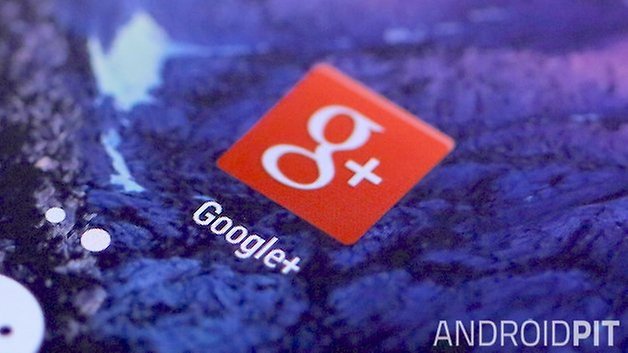
By the way, Google+ wasn't the company's first foray into social media. Remember things like Google Buzz and Google Orkut? Both projects were officially closed by Google, and something suggests that the same fate awaits Google+.
You may not have noticed Google Orkut. It was a network for finding old and new friends. Google Orkut was supposed to recommend new contacts to you based on the interests you entered. However, in the end, the success of the network was limited to Brazil alone, and the project was closed in 2014. Google Buzz faced the same sad fate. On this network, you could mark Google Maps for other users. But often people have used this feature just to check in with the first comment.
Going back to Google+, the question is not whether it will end its existence. The question is when it will happen.
Insufficiently transparent Google Glass
It would be unfair to present Google Glass as an unambiguously failed project. It was obviously a pilot project from the start, and of course Google wasn’t counting on major commercial success. Certain projects are needed only for the development of technologies. The Google Glass project was officially announced in June 2012 and has received widespread resonance in the tech community. Such a product simply did not exist before, and it caused a real stir, or, at least, curiosity.

Google Glass never became successful, and only a small number of glasses in the developer version were sold. For some, they were simply too large. Someone who never wore glasses didn't want to put up with such a thing on their face for just a few limited functions.
As a rule, users are extremely wary of the issue of personal data protection, and here the product also turned out to be problematic. Google Glass has raised many questions specifically in terms of security. How do I know I'm not being filmed? What if the microphone turns on without my knowledge? Etc…
Well, the cherry on top was the price. For the developer-friendly beta with the pretty Explorer Edition title, the hefty $ 1,500 price tag was overkill. The version has been available since February 2013. It remains a mystery how much the glasses would have cost in the store, because it never came to that. Google had several announcements about the official launch, but in January 2015 the program was closed.
As stated at the beginning, Google loves to take advantage of all the possibilities. But success is always determined by us, the customers. Google Glass seems to be ahead of its time, and it wasn't a big surprise that the product wasn't successful. Companies like Google or Microsoft have definitely not abandoned the idea of augmented reality glasses. Recently, another manufacturer has gone in a different direction with their HoloLens, and we users expect the following products to make their way onto the shelves.
Google Latitude – Lost Latitudes
If you were interested in the location of your family and friends, you could find their search function on Google Latitude, but now it is still available on Google Maps. So why did this section even appear in this article? Because Google did not clarify the question of what to do with all this. The feature was originally a standalone feature in Google Maps, later ported to Google+, and then recently merged again with Google Maps. This discouraged users, who had to adapt to changes in functionality and re-agree to the terms of use.
Nevertheless, in the beginning of its existence, the function was quite useful. The widget was very convenient, but after the integration with Google+ the situation changed. You might think this is grumbling, but actually a service like this should be easy to install and easy to use. You may not be a fan of Apple, but you have to admit the fact that Find my Friends on iOS is much more practical. Google has the advantage that Google Maps can work on both iOS and Android and thus gain a wider audience. But, one way or another, most people do not even suspect that such an option exists at all and that anyone who has the current version of Google Maps installed can use it.
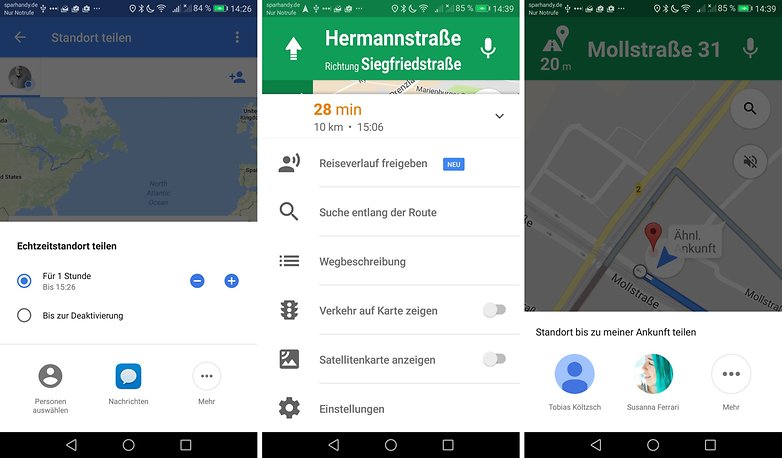
Hangouts and company
The history of Google messengers is much more complicated than the history of Latitude. Not only the location of the service changed, but also the type of implementation.
So it all started with Google Talk, which was integrated into Gmail. This messenger used the open XMPP protocol. Due to this, you could write messages to users of any other service that also uses this protocol, and not just Google Talk users. The downside was that group chats did not work well, and you received notifications on all devices.
Google wanted to attract users to its own social network, and so the Google+ messenger appeared. It only worked on devices with Google+ and did not work on PC browsers. In this messenger, it was more convenient to communicate in groups, and the situation with notifications has improved.
But Google did not stop there and created Hangouts in 2013. This messaging application combined the functions of a regular messenger and video chat, and even made it possible to make phone calls in the US. The service was multi-platform, it worked on PCs, tablets and smartphones. But instead of further developing the messenger based on user feedback, Google brought another messenger to the market in 2016.
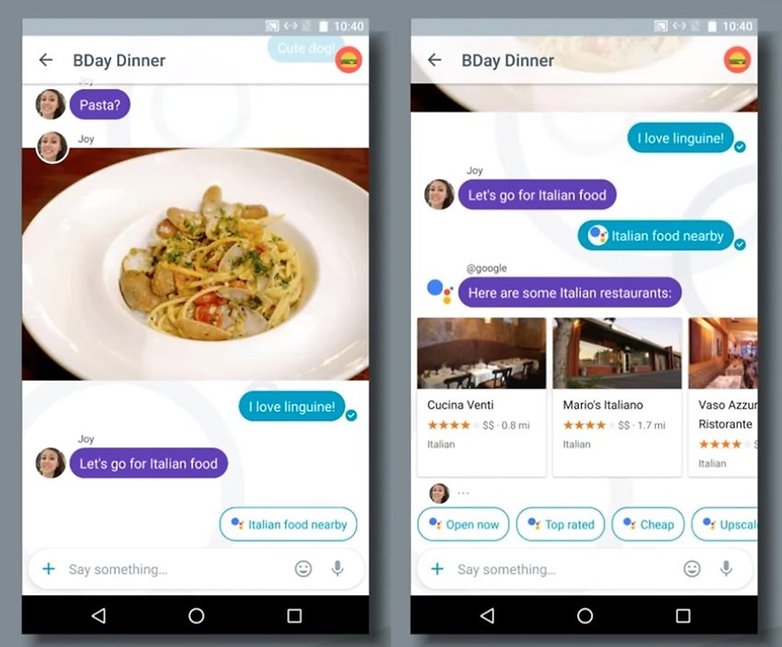
Allo works using a phone number. This should, in theory, make it more attractive to a wide range of users than previous messengers that worked through an email address. Allo does not save chats online, they are saved in the device and are lost when you change your smartphone, since there is no backup function here. On the other hand, Allo is very colorful and should impress with its text formatting capabilities, stickers and Google Assistant. The concept itself is very attractive, but the unreliability and lack of development inherent in messengers from Google push many users away from the service. The widespread use of WhatsApp also does not play into the hands. A messenger with less functionality will not attract users and force them to change their usual one.
Don't be impatient to expect Google to improve on older messengers. Instead, wait for new ones to appear.
Google Reader – Lack of Readers
Google released its RSS aggregator in 2005. The interface that the company offered was not liked by many. Few services have received as many third-party add-ons as Google Reader. In the past few years, a huge number of alternative interfaces have emerged. And then Feedly came along, offering one of the nicest interfaces out there.
But the happiness lasted only until July 1, 2013. Google stopped supporting the service. The main reason was that Google Reader was used by a small number of users. The app was outdated, and more and more news-reading apps appeared on the list of the best apps. The archaic RSS aggregator that you had to configure yourself was simply too old-fashioned.
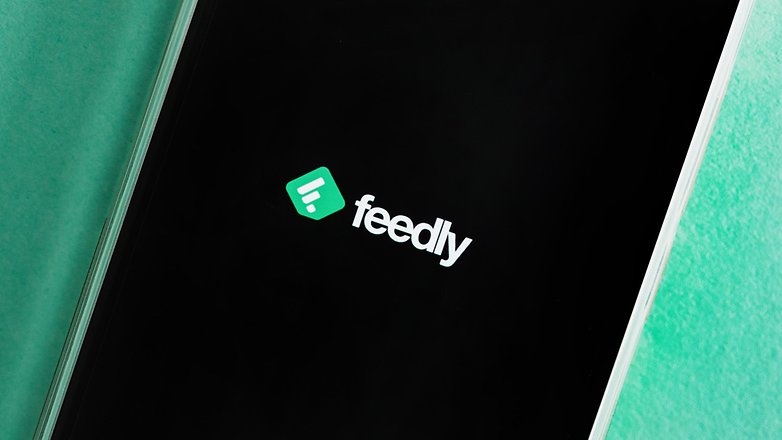
For those who are used to thinking of Google Reader as the main source of news, its disappearance has become quite tangible. Why look for anything else when the Reader worked fine? Fortunately, Feedly was left to do the replacement role, and it was not difficult to switch to it, given the fact that it still uses linking to a Google account.
Google Wave – like a wave washed away
Google Wave was Google's first effort in building collaborative tools. The idea behind it was simply brilliant. In May 2009 at Google I / O, the company announced a product that allowed colleagues to work on the same document at the same time. It was possible to create 'waves' and invite several colleagues to work together. It looked like a forum thread or a group chat in a modern messenger.
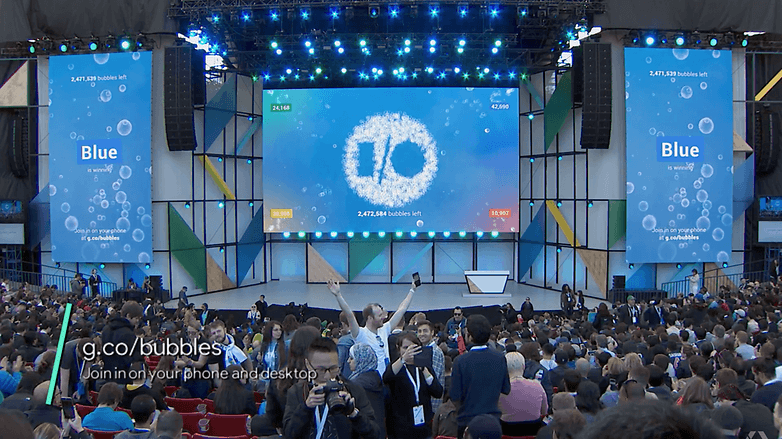
But now we can only talk about Wave as a failed product. The very idea behind it was really good, and many features migrated to Google's office suite – Docs, Sheets and Slides. These programs are united by the idea that several users can simultaneously work with the same document. And the implementation of this functionality now looks better than it has ever been.
The service finally came to an end in April 2012 and its servers were shut down. It obviously never got the user audience that Google was hoping for. As mentioned earlier, despite the death of the program itself, the idea is still alive. But because collaboration is at the very core of Google Docs, Sheets and Slides, direct chatting has receded into the background.
Instead of a conclusion
Of course, Google has plenty of failed projects beyond the ones mentioned in this text. Only major projects have been named here, but perhaps you mourn other untimely company initiatives? Or do you have your own opinion on the value and fate of those in question? Share in the comments!
